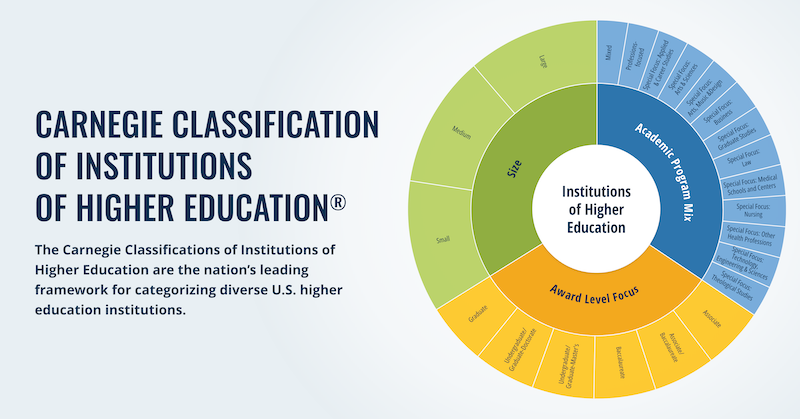Reflections from Rwanda: How Cross-Cultural Collaboration Drives Innovation

In August, I traveled to Rwanda at the invitation of Fred Swaniker, founder of the African Leadership University (ALU) and senior fellow at the Carnegie Foundation. I was invited to participate with a group of global advisors to help reimagine Rwandan higher education policies with the Minister of Education and his colleagues.
Carnegie’s relationship with ALU has grown deep roots over the last few years, in no small part due to the creation of the Global Leadership Program at Carnegie’s headquarters in Silicon Valley. In partnership with College Track, the program brings together students from across the African continent to the United States for highly immersive learning experiences focused on developing young entrepreneurs. It has been inspiring to see the work take shape.

Upon landing in Rwanda, I headed straight to the ALU campus in the capital city of Kigali. The campus is a remarkable place, engineered with local and sustainable materials, bursting with Afrofuturistic murals, and sitting on a hilltop overlooking what Rwandans refer to as Kigali’s Silicon Valley. ALU’s School of Wildlife was hosting BCC, a pan-African conservation conference that gathers influential leaders and innovators committed to finding “practical, sustainable ways of powering economic growth in Africa through wildlife conservation.” These innovators included ALU students who have declared climate change as their mission. Instead of majors, ALU students declare missions and their degrees focus on completing work to solve one of seven main challenges facing the continent. Speakers included actress and activist Danai Gurira of Black Panther, researchers from the Mara Elephant Project, conservationists from the world over, and, of course, ALU’s extraordinary student body.
The next day was filled with discussions with senior Rwandan officials about transforming Rwanda into an engine for post-secondary innovation for the African continent. The intent is to create a best-in-class post-secondary sector that draws young people from across the continent and beyond. That afternoon we returned to the ALU campus to observe first-year students showcase their work. We saw working prototypes of virtual reality tools to train healthcare workers, affordable aquaponics systems, and AI-powered educational tools. We also visited an ALX hub in downtown Kigali—one of hundreds of hubs being established across the continent. ALX builds from the work of ALU and aims to educate 3 million people in the next fifteen years at a nominal cost. The students at ALX are on a self-directed course of study and meet twice a week at the hub to work with peers and mentors.
Before departing, I visited the Genocide Memorial in Kigali, the final resting place for 250,000 victims of the 1994 Rwandan genocide. When I asked ALU students and faculty what I should do with my remaining time in Rwanda, they all insisted, “You must go to the memorial.” In fact, almost every Rwandan I met during my trip asked if I had visited the memorial. It was as though the whole nation was saying “we must look at our history, you must look at our history, we must never turn away, you must not turn away – for only then will we rise.”
And Rwandans are rising. It is a nation brimming with extraordinary talent, capacity, and hope.
Africa is the continent with the youngest population worldwide. By 2030, young Africans are expected to make up 42 percent of the world’s youth. The opportunity for impact is tremendous. And I was reminded again and again of the incredible potential and ambition young people bring. When I asked an ALU student named Frida about her long-term goals, she replied with complete confidence, “I will be the first woman to be president of Rwanda.”
The trip affirmed my belief in the power of forging cross-cultural alliances to unlock human potential—alliances that allow our youngest and brightest to soar, and us along with them. There is no more rewarding work.
September 6, 2023
After 50+ years, the Carnegie Classifications system, a tool that categorizes U.S. colleges and universities (degree-granting), is undergoing significant changes through our partnership with the American Council on Education. For a deeper understanding of our renewed direction, please read this Q&A piece, Reimagining the Carnegie Classifications, from the Association for…
November 30, 2023
.gb-container.gb-tabs__item:not(.gb-tabs__item-open){display:none;} Below is Carnegie President Timothy Knowles’s opening to our November 2023 newsletter. Click here to read the full newsletter, and join our mailing list for additional resources and recommended reads. Sign Up for the Carnegie Foundation Newsletter Dear Friends and Colleagues,At a time when our nation often seems so…







